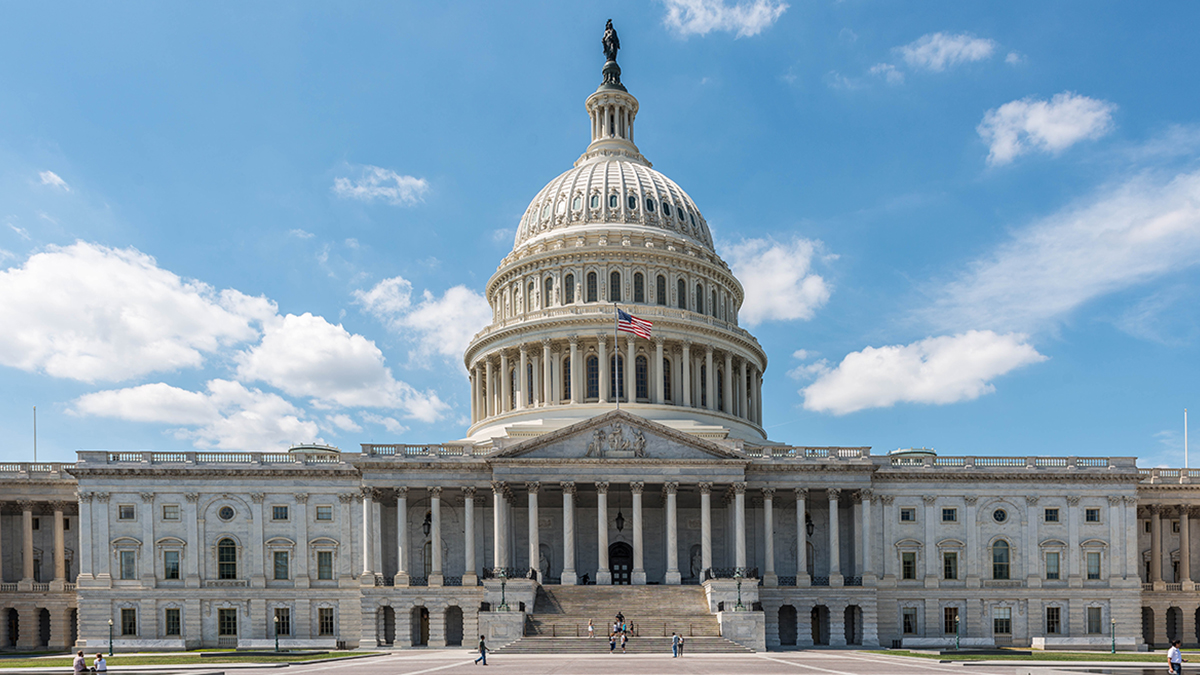Republicans in Congress vs. the Biden Energy Agenda
House Republicans have used their first six months in the majority to aim legislative arrows at the Biden administration’s energy and environmental agenda, introducing and even passing resolutions and bills to nullify regulations or prevent them from being finalized.
In their latest target, the US House of Representatives Energy and Commerce, Environment, Manufacturing, and Critical Materials Subcommittee recently heard testimony on Republican-led proposed legislation that would bar the Environmental Protection Agency (EPA) from finalizing, implementing, or enforcing a proposed EPA rule that aims to boost electric vehicle production by imposing strict standards for tailpipe emissions.
Republicans are also championing another bill, HR 1435, that would prohibit the EPA from allowing states to enact more stringent vehicle emissions rules by limiting sales of new vehicles with internal combustion engines, which use traditional fuel.
The EPA estimates that 67% of new light-duty vehicle sales and 46% of new medium-duty sales could be electric by model year 2032.
Many Republicans are claiming that the EPA is setting emission standards that only electric vehicles could achieve and that it is regulatory overreach.
And on another environmental front, the House recently passed a bill, HR 1640, that would prevent the Energy Department from finalizing efficiency standards for stoves and cooktops. Republicans said the proposed gas stove rule would narrow consumer choice.
Republicans herald their recent legislation and proposals as important messaging bills aimed at convincing the Biden administration that it has taken inappropriate measures. In fact, some House Republicans would claim that the administration has changed opinions on various issues due to recent GOP messaging bills. There is a belief amongst many Republicans in the House that if a branch of Congress intervenes and expresses perceived inconsistencies with congressional intent or authority, these actions can ultimately affect the judicial branch, which is often the final arbiter.





